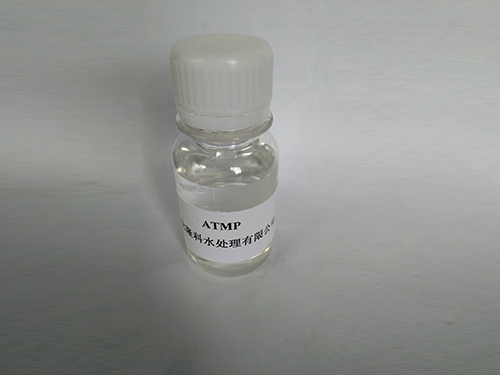poly aluminium chloride uses in water treatment
Poly Aluminium Chloride (PAC) is a widely used coagulant in water treatment processes due to its effectiveness in removing turbidity and contaminants from water. As a water-soluble inorganic polymer, PAC is favored over traditional coagulants like aluminum sulfate due to its superior performance, lower dosage requirements, and reduced sludge production. This article delves into the uses and benefits of PAC in various water treatment applications.
One of the primary uses of PAC is in drinking water purification. The coagulant helps in the aggregation of fine particles and suspended solids, enabling their subsequent removal through sedimentation and filtration processes. Its application is particularly beneficial in treating surface water, which often contains organic matter, silt, and other pollutants. By effectively reducing turbidity, PAC ensures that the water meets safety standards and is suitable for human consumption.
In addition to drinking water treatment, PAC is extensively utilized in wastewater treatment systems. Municipal and industrial wastewater often contains a high concentration of suspended solids, colloids, and organic impurities. PAC acts as a coagulant, enhancing the sedimentation process and facilitating the removal of contaminants. Its ability to perform well in a wide range of pH conditions further enhances its applicability in various wastewater treatment scenarios. As a result, PAC significantly contributes to the overall efficiency of treatment processes, leading to clearer effluents that can be safely discharged into the environment or reused.
Another significant application of PAC is in the paper and pulp industry. During the production of paper, large volumes of water are utilized, leading to the generation of effluents rich in contaminants. By incorporating PAC in the treatment of process water, mills can effectively reduce color, turbidity, and organic matter. This not only enhances the clarity of the effluent but also improves recycling efficiency, as cleaner water can be reused in the production process.
poly aluminium chloride uses in water treatment

The mining industry also benefits from the use of PAC in the treatment of effluent waters. Mining operations often generate large quantities of water containing heavy metals and other hazardous substances. PAC plays a crucial role in the flocculation and clarification of these waters, binding contaminants together and allowing for their removal. This application is essential not only for operational efficiency but also for ensuring environmental compliance and reducing the ecological impact of mining activities.
Furthermore, PAC can be employed in cooling water treatment systems. In industrial processes, cooling water often becomes contaminated with biofouling organisms, silt, and other particulates. By utilizing PAC, industries can enhance the clarification of cooling water, thereby improving heat transfer efficiency and reducing the risk of system corrosion and fouling. This leads to increased operational efficiency and lower maintenance costs.
The versatility and effectiveness of Poly Aluminium Chloride in various water treatment processes make it an indispensable component in modern water management strategies. Its applications span across drinking water purification, wastewater treatment, the paper industry, mining, and industrial cooling systems. As water quality standards become increasingly stringent, the use of coagulants like PAC will continue to be crucial in ensuring safe and clean water for both human consumption and environmental protection. In conclusion, Poly Aluminium Chloride stands out as a powerful tool in the quest for effective water treatment solutions, balancing efficiency and sustainability in a world that demands higher standards of water quality.
-
Understanding Polycarboxylic Acids: Properties, Applications, and Future PotentialNewsJul.28,2025
-
Scale Inhibitor Explained: How to Protect Your System from Limescale and Hard Water DamageNewsJul.28,2025
-
Scale and Corrosion Inhibitors: Essential Chemicals for Industrial Water System ProtectionNewsJul.28,2025
-
Polyaspartic Acid: A Biodegradable Polymer for Sustainable ChemistryNewsJul.28,2025
-
Isothiazolinones: A Versatile Antimicrobial Class with Industrial Power and Regulatory ChallengesNewsJul.28,2025
-
A Deep Dive into 2-Phosphonobutane-1,2,4-Tricarboxylic Acid (PBTC)NewsJul.28,2025





